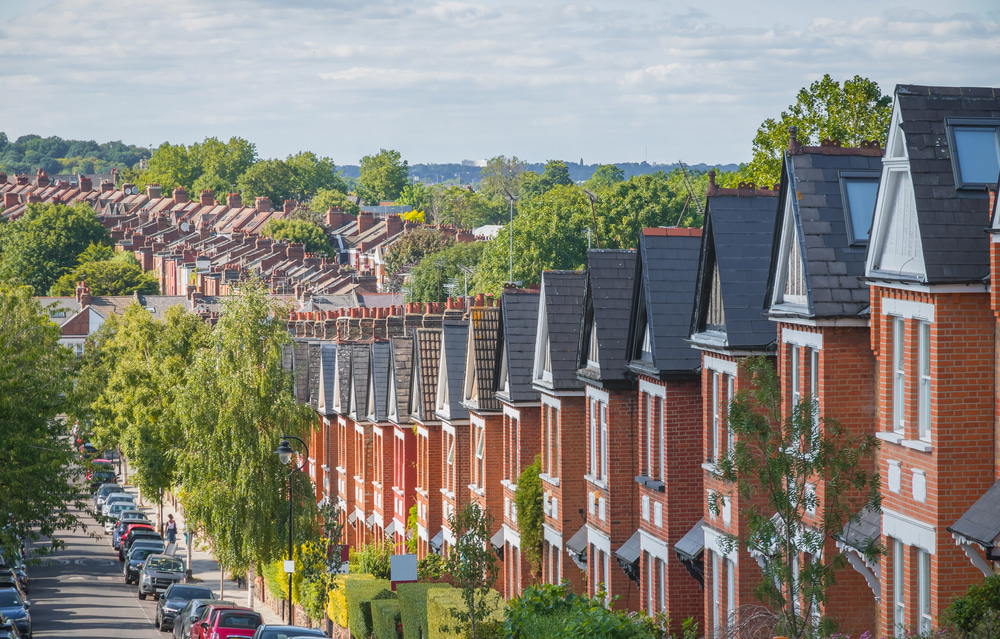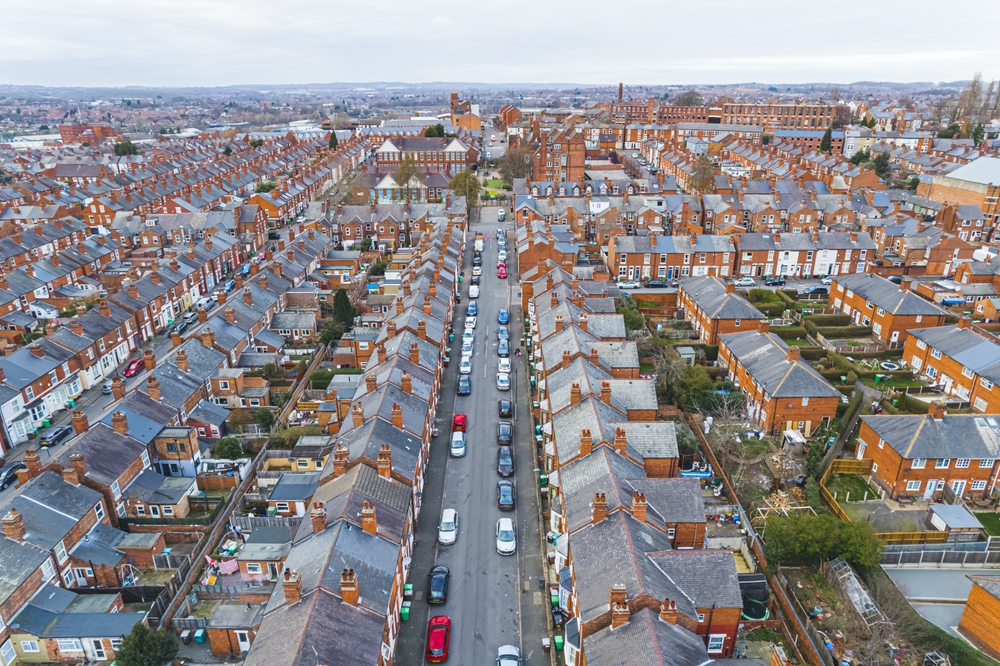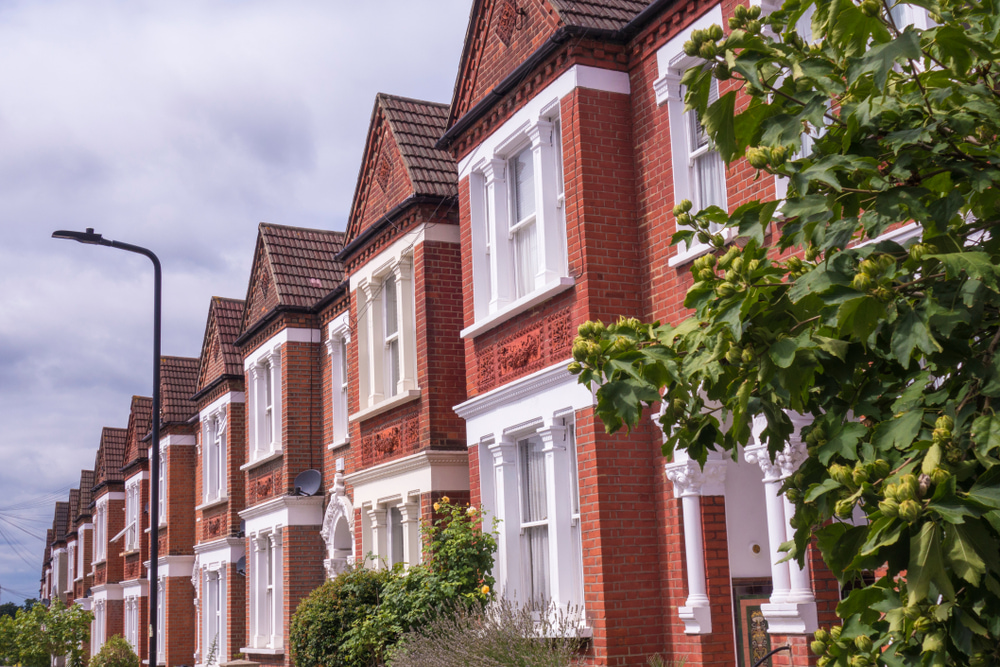Who's responsible for maintenance in private rented properties?
The Tenancy Deposit Scheme was asked who is responsible for what when it comes to property maintenance tasks in a rental property - so here's its response.
Tenancy Deposit Scheme
Oct 17, 2022
There appears to be some confusion amongst agents and landlords concerning the maintenance of rental properties, based on our results from the recent Tenancy Deposit Schemes (TDS) property maintenance quiz.
Who do agents and landlords think is responsible for maintenance?
Ninety-four percent of agents and landlords who responded to the quiz correctly understood that the landlord is primarily responsible for the exterior and structure of the property - including walls, stairs, bannisters, doors, windows, roof and guttering.
However, only 30% believed that this responsibility extended to the garden or outdoor space - and just 14% of respondents believed landlords should be held responsible for clearing guttering and ensuring external pipes/drains are free from debris.
The numbers increased when we asked more obvious questions, such as who is responsible for electric wiring - 98% agreed the landlord - and who should maintain the boiler, heating and hot water - 96% agreed it should be the landlord.
So, who is actually responsible for maintenance?
We mainly saw confusion for tasks that are a joint responsibility or maintenance that's required due to tenant neglect.
For example, 61% of agents and landlords agreed that landlords are responsible for maintaining basins, sinks, baths and taps, but when chips appear, while 31% believed this is down to the tenant to fix.
Whilst each case is subjective, chips and cracks are likely to be the tenant's responsibility - assuming they were in good condition at the start of the tenancy, whilst taking into account product life span and fair wear and tear.
Similarly, 45% of our quiz respondents thought damp and mould is for the landlord to fix, 43% believed it to be a joint responsibility, and 12% the tenant's responsibility alone.
It's therefore important to clarify at the start of a tenancy whether maintenance work is a joint responsibility.
In this instance, if a tenant neglects housekeeping during a tenancy and a build-up of mould occurs, deductions from the tenancy deposit may be required to cover the cost.
However, if there is no evidence to prove it was the tenant's fault, it would be down to the landlord to fix.
How can you avoid deposit disputes?
A detailed tenancy agreement is crucial to ensure both parties are well informed about what they are required to do during the tenancy.
We recommend that agents and landlords ensure the deposit use clauses in the tenancy agreement cover property maintenance issues, and issuing an inventory that lists the condition of every room and directions for maintaining the property will help avoid deposit disputes.
You can download our autumn property maintenance guide, for more information about precisely what a landlord is legally required to maintain, what the tenant's responsibilities are, and a helpful checklist for your agency's property maintenance tasks.
Article originally published at tenancydepositscheme.com. TDS integrates with Goodlord, giving customers the chance to save up to 10 minutes per tenancy. Learn more about the integration.




.jpg)
